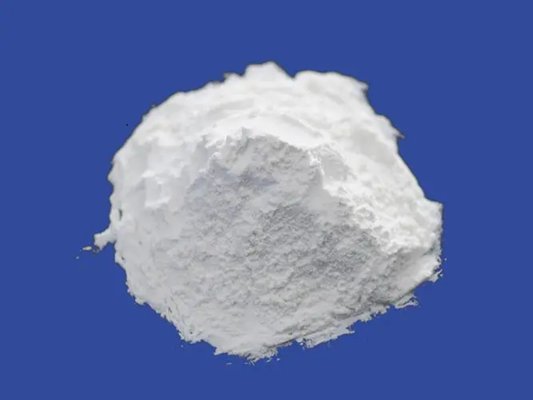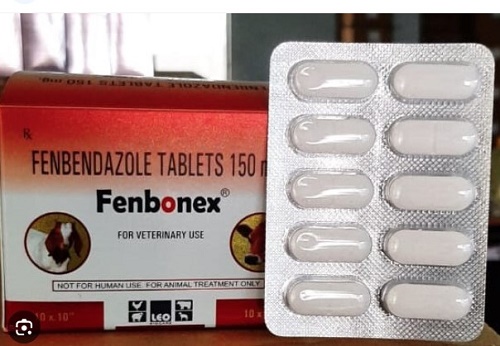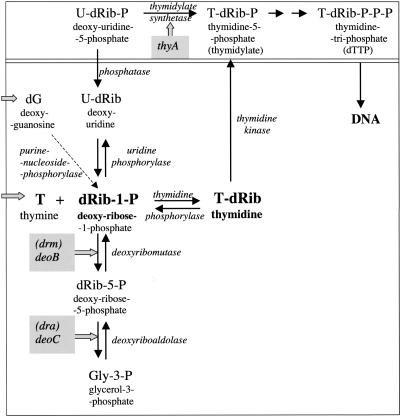Fenbendazole: An Antitumor Agent with Effects on Bone Marrow and Immune System
General Description
Fenbendazole, a medication commonly used as an antiparasitic in veterinary medicine, has been found to have potential antitumorigenic effects in various tumor models. Studies have shown that fenbendazole can inhibit tumor growth and induce cell death in cancer cell lines. The synergistic effects of fenbendazole and vitamins have also been observed in inhibiting tumor growth. Other benzimidazole drugs like flubendazole and mebendazole have demonstrated similar antitumor effects. However, clinical trials and further research are needed to fully understand the efficacy and safety of fenbendazole in human cancer treatment. Additionally, fenbendazole has been associated with myelosuppression and can affect bone marrow cells. It may also have complex and varied effects on the immune system.
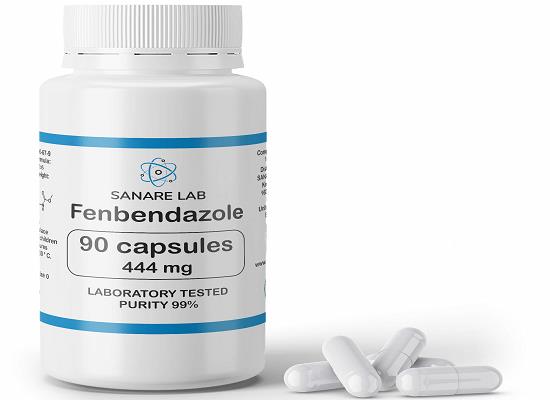
Figure 1. Capsules of fenbendazole
Bone Marrow
Fenbendazole is a medication commonly used to treat various infections in animals, but it has been associated with myelosuppression, a condition characterized by a decrease in the production of blood cells in the bone marrow. This side effect has been observed in several species, including birds, reptiles, porcupines, and mammals. Studies on rodents have also shown the effects of fenbendazole on bone marrow. In vitro experiments using mouse bone marrow cells induced inflammation and found that concurrent application of fenbendazole resulted in apoptosis (cell death) of activated cells, particularly affecting granulocytes more than B cells. In vivo studies on BALB/c mice showed that a therapeutic regimen of fenbendazole administered every other week had negative effects on precursor B cells, especially in young mice. Levels of E47, a factor important for antibody diversity generation, were reduced. Although protein levels normalized in older mice after three weeks of stopping fenbendazole treatment, E47 levels remained low in young mice until the end of the study, which lasted four weeks after treatment. In conclusion, fenbendazole has been found to induce myelosuppression and affect bone marrow cells, particularly granulocytes and precursor B cells. 1
Immune System
Fenbendazole has been the subject of considerable interest regarding its effects on the immune system. While older literature and newer studies present mixed results, there is evidence to suggest that fenbendazole can impact the immune system in various ways. Studies have shown that fenbendazole treatment can result in alterations in peripheral blood lymphocytes, including changes in numbers of circulating B and NK cells, decreases in circulating cytokines, and several hematologic changes. Additionally, fenbendazole has been observed to affect immune parameters, such as splenic T and B cells, spleen cell proliferation, and humoral immune responses in rodents. Furthermore, in certain disease models, fenbendazole has demonstrated effects on disease development and severity, such as in models of allergic airway disease, autoimmune encephalitis, and spinal cord injury. However, it's important to note that the effects of fenbendazole on the immune system are complex and not fully understood, with conflicting results reported in different studies. Further research is needed to elucidate the specific mechanisms through which fenbendazole may modulate immune function and its potential implications for various disease models. 2
Effects on Tumors
Recent studies have discovered potential antitumorigenic effects of fenbendazole in various tumor models. In one study conducted on SCID mice with lymphoma xenografts, researchers observed that the tumors failed to grow during a therapeutic regimen of fenbendazole. A follow-up study was then conducted using different diets and supplements, and it was found that significant inhibition of tumor growth occurred only in mice fed fenbendazole with vitamin supplements. The exact mechanism behind the synergistic effects of fenbendazole and vitamins is still unknown, but it is hypothesized that vitamin antioxidants enhance the activity of fenbendazole and influence factors involved in tumorigenesis. Another study examined the effects of fenbendazole on a tumor model in BALB/cRw mice. The mice were placed on fenbendazole-containing diet or unmedicated feed before tumor cell implantation. It was found that the therapeutic diet did not affect tumor growth, invasion, or metastasis. However, in vitro studies showed that higher concentrations of fenbendazole inhibited the growth of tumor cells and had cytotoxic and cytostatic effects. Similar antitumor effects have also been observed with other benzimidazole drugs like flubendazole and mebendazole. These drugs have shown cell death-inducing properties in various cancer cell lines and have demonstrated efficacy in animal models of thyroid cancer, colon cancer, glioblastoma multiforme, and malignant meningioma. Overall, these studies suggest that fenbendazole and other benzimidazole drugs hold potential as an area of interest in cancer research. 3
Reference
1. Graham JE, Garner MM, Reavill DR. Benzimidazole toxicosis in rabbits: 13 cases (2003 to 2011). J Exot Pet Med, 2014, 23:188–195.
2. Villar D, Cray C, Zaias J, Altman NH. Biologic effects of fenbendazole in rats and mice: a review. J Am Assoc Lab Anim Sci, 2007, 46:8–15.
3. Cray C, Altman NH. An Update on the Biologic Effects of Fenbendazole. Comp Med, 2022, 72(4):215-219.
Related articles And Qustion
See also
Lastest Price from Fenbendazole manufacturers

US $80.00/KG2025-08-08
- CAS:
- 43210-67-9
- Min. Order:
- 1KG
- Purity:
- 99
- Supply Ability:
- kg
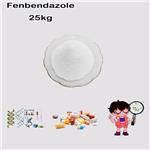
US $0.00-0.00/kg2025-05-21
- CAS:
- 43210-67-9
- Min. Order:
- 1kg
- Purity:
- 98%-101% ;EP
- Supply Ability:
- 1000 KGS


